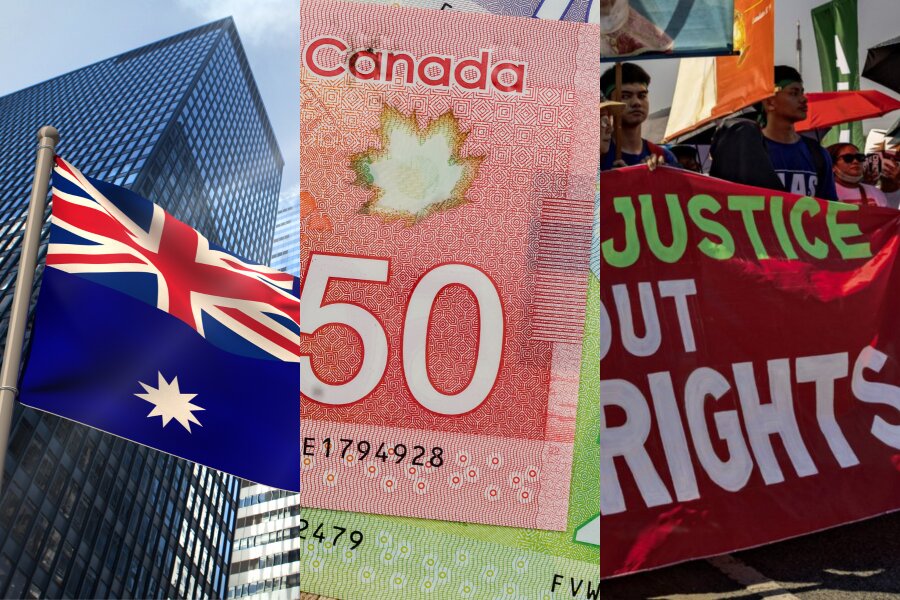Best Citizenship Lawyers in Patna City
Share your needs with us, get contacted by law firms.
Free. Takes 2 min.
List of the best lawyers in Patna City, India
About Citizenship Law in Patna City, India
Citizenship in Patna City, as in the rest of India, is governed by the Constitution of India and the Citizenship Act of 1955, along with subsequent amendments. Citizenship defines the legal relationship between an individual and the country, providing the individual with certain rights and duties. In Patna City, individuals may seek legal advice regarding citizenship due to birth, descent, registration, naturalisation, or incorporation of territory. The complexities surrounding documentation, recent amendments, and legal procedures make it essential for residents and migrants to stay informed about current regulations and rights associated with Indian citizenship.
Why You May Need a Lawyer
Legal advice in citizenship matters can be crucial in several scenarios. Some common situations include:
- Applying for citizenship through naturalisation or registration.
- Resolving complex issues related to dual citizenship or renunciation of previous countries' citizenship.
- Dealing with the repercussions of recent legal reforms, such as the Citizenship Amendment Act (CAA).
- Clarifying eligibility for citizenship, especially for children of foreign parents born in India or Indian citizens marrying foreign nationals.
- Representing individuals facing the risk of statelessness due to documentation issues.
- Assisting refugees and stateless persons seeking regularisation of their legal status.
- Navigating appeals, documentation, and administrative procedures with local authorities.
A lawyer's expertise ensures that complex legal processes are handled correctly and helps avoid the risk of rejection, deportation, or legal challenges.
Local Laws Overview
In Patna City, the laws regarding citizenship are consistent with national laws, primarily governed by:
- Citizenship Act, 1955 and amendments, including the Citizenship Amendment Act, 2019.
- Relevant provisions under the Foreigners Act and the Passport Act for non-citizens.
- Local bureaucratic procedures managed by government offices like the District Magistrate, State Secretariat, and regional offices of the Ministry of Home Affairs.
Key aspects to keep in mind include:
- The process for registration and naturalisation requires residence proof, language proficiency, and good character certification.
- Recent legal changes, such as CAA, focus on specific communities from neighboring countries and may impact certain residents and migrants in Patna.
- Verification processes can be time-consuming and involve police or intelligence checks.
- The requirement for extensive documentation makes timely legal guidance important to avoid delays and procedural errors.
Frequently Asked Questions
Who can apply for Indian citizenship in Patna City?
Indian citizenship can be acquired by birth, descent, registration, naturalisation, or incorporation of territory. Eligibility depends on specific legal provisions and supporting documents.
What documents are required for citizenship by registration or naturalisation?
Commonly required documents include proof of residence, identity, eligibility as per respective clause, language proficiency, and absence of criminal history or adverse records.
Does the Citizenship Amendment Act (CAA) affect residents in Patna?
Yes, the CAA impacts specific communities, mainly religious minorities from Afghanistan, Bangladesh, and Pakistan living in India before December 2014. Its provisions apply uniformly in Patna City.
Can children of foreign nationals born in Patna get Indian citizenship?
Children born in India to foreign parents may acquire Indian citizenship subject to at least one parent being an Indian citizen or meeting other legal criteria under the Citizenship Act.
How can Overseas Citizens of India (OCI) apply or register in Patna?
Applicants must apply through the online portal provided by the Ministry of Home Affairs, followed by verification at the designated regional passport office or embassy.
Is dual citizenship permitted in India?
India does not allow dual citizenship. However, OCI and Person of Indian Origin (PIO) cardholders are granted certain privileges, though they are not full citizens.
What happens if citizenship is denied?
Applicants can seek legal recourse through appeals, representation to higher authorities, or approaching the courts if citizenship is unfairly denied.
How long does the citizenship process take in Patna?
The process duration varies from a few months to a larger period, depending on documentation, background checks, and administrative workflow.
Are there special provisions for refugees or stateless persons in Patna?
Refugees and stateless persons may be able to regularise their status under specific government schemes or via high-level administrative orders, often requiring legal assistance.
What is the role of the District Magistrate in citizenship applications?
The District Magistrate verifies documents, conducts background checks, and submits recommendations for or against granting citizenship to higher authorities.
Additional Resources
You may find the following resources helpful for citizenship issues in Patna City:
- Ministry of Home Affairs, Government of India - Deals with citizenship applications and policy.
- Office of the District Magistrate, Patna - Handles local verification and recommendations.
- State Legal Services Authority, Bihar - Offers free legal services and advice to eligible individuals.
- Regional Passport Office, Patna - Useful for OCI, PIO, and travel documentation queries.
- NGOs supporting migrant and refugee communities in Bihar.
Next Steps
If you require legal assistance for citizenship issues in Patna City, consider the following steps:
- Organise all relevant documents, including proof of identity, residence, and any prior applications or correspondence.
- Contact a local lawyer specialising in immigration and citizenship law for a consultation.
- Visit the District Magistrate’s office or State Legal Services Authority for procedural guidance or support.
- Follow up on all applications and court proceedings regularly, keeping records of communication and submissions.
- If necessary, appeal to higher authorities or seek intervention from relevant governmental or non-governmental organisations.
Timely legal intervention helps to avoid complications and increases the likelihood of a successful outcome in your citizenship matter.
Disclaimer:
The information provided on this page is for general informational purposes only and does not constitute legal advice. While we strive to ensure the accuracy and relevance of the content, legal information may change over time, and interpretations of the law can vary. You should always consult with a qualified legal professional for advice specific to your situation. We disclaim all liability for actions taken or not taken based on the content of this page. If you believe any information is incorrect or outdated, please contact us, and we will review and update it where appropriate.










